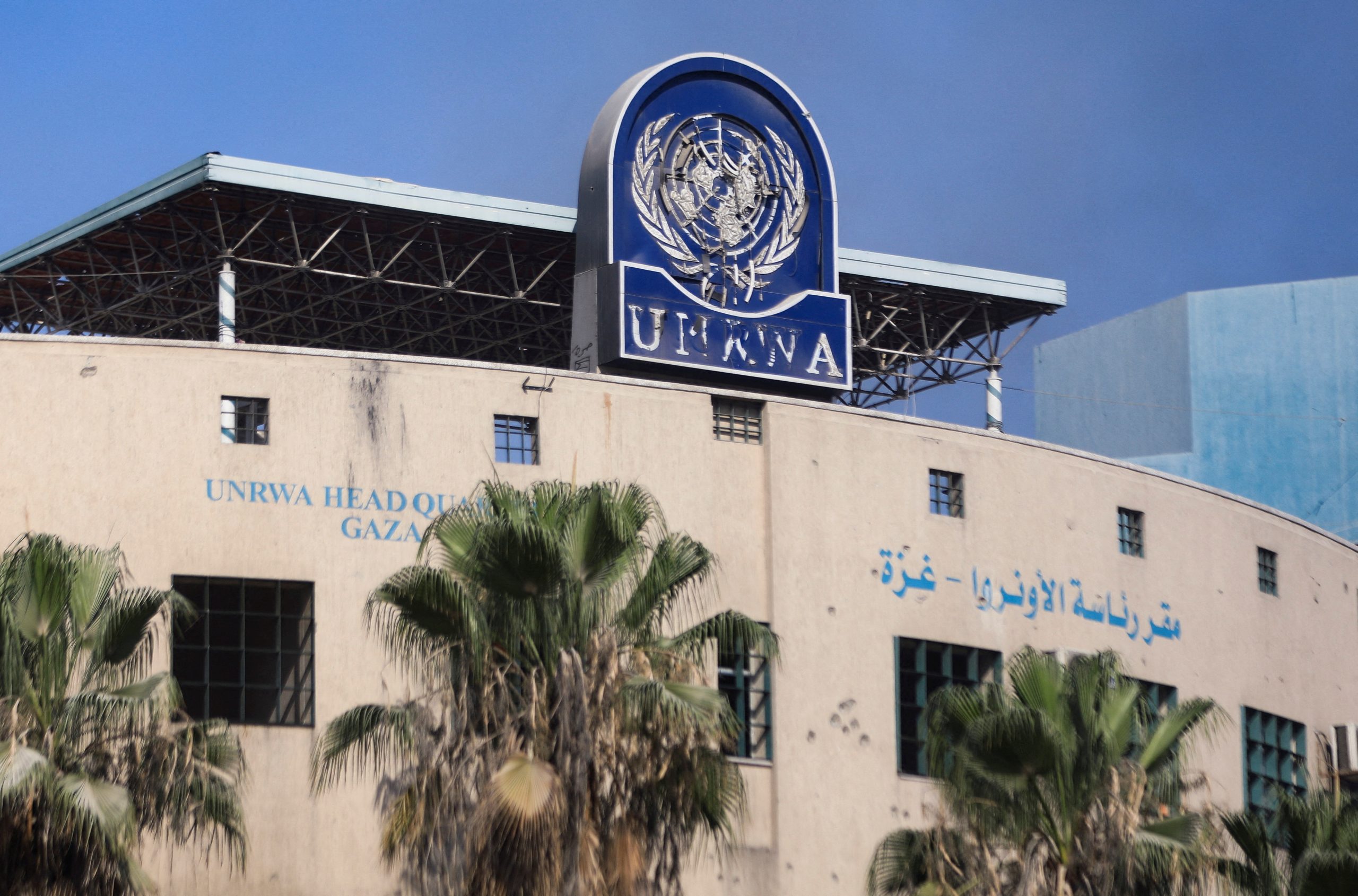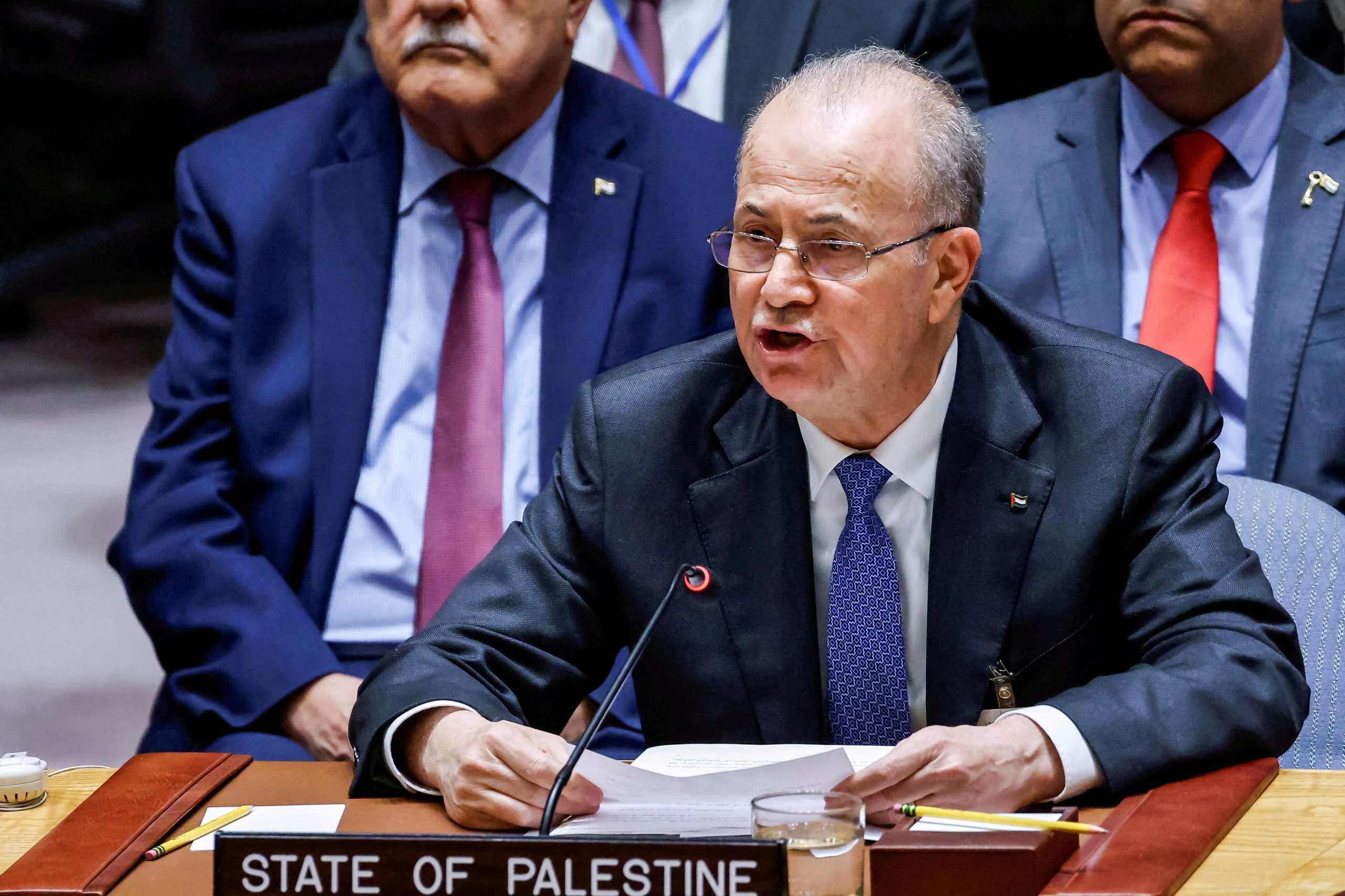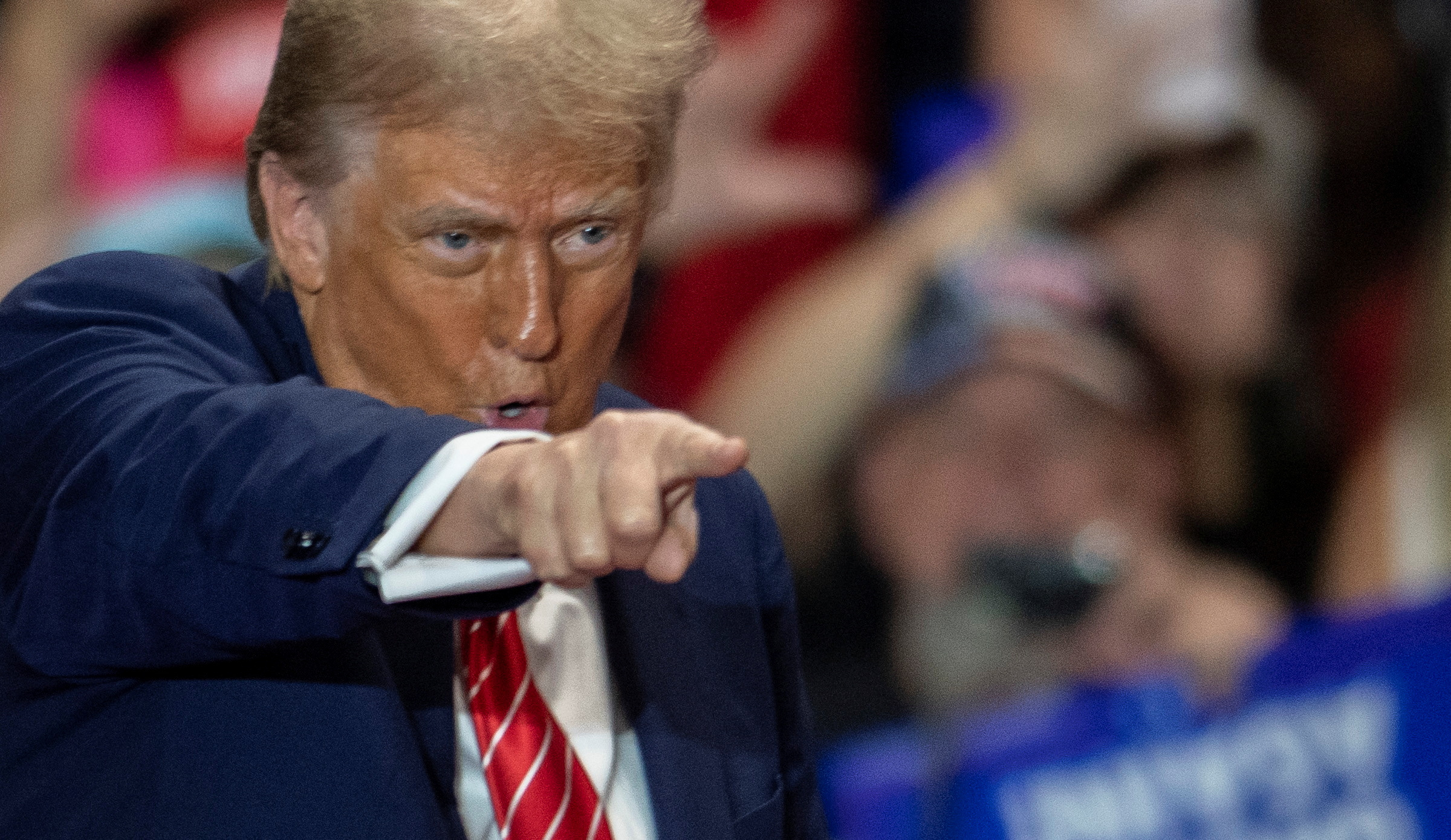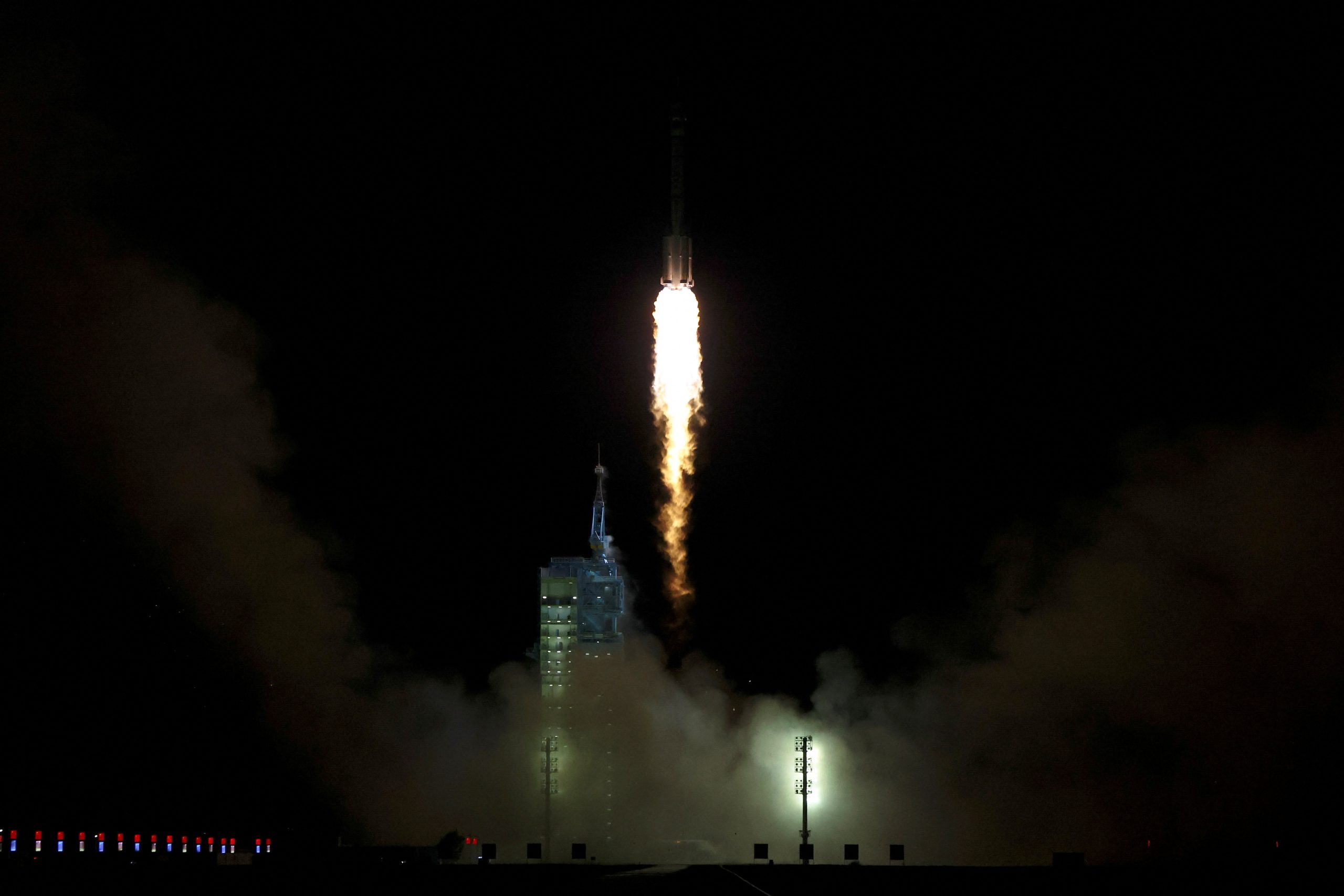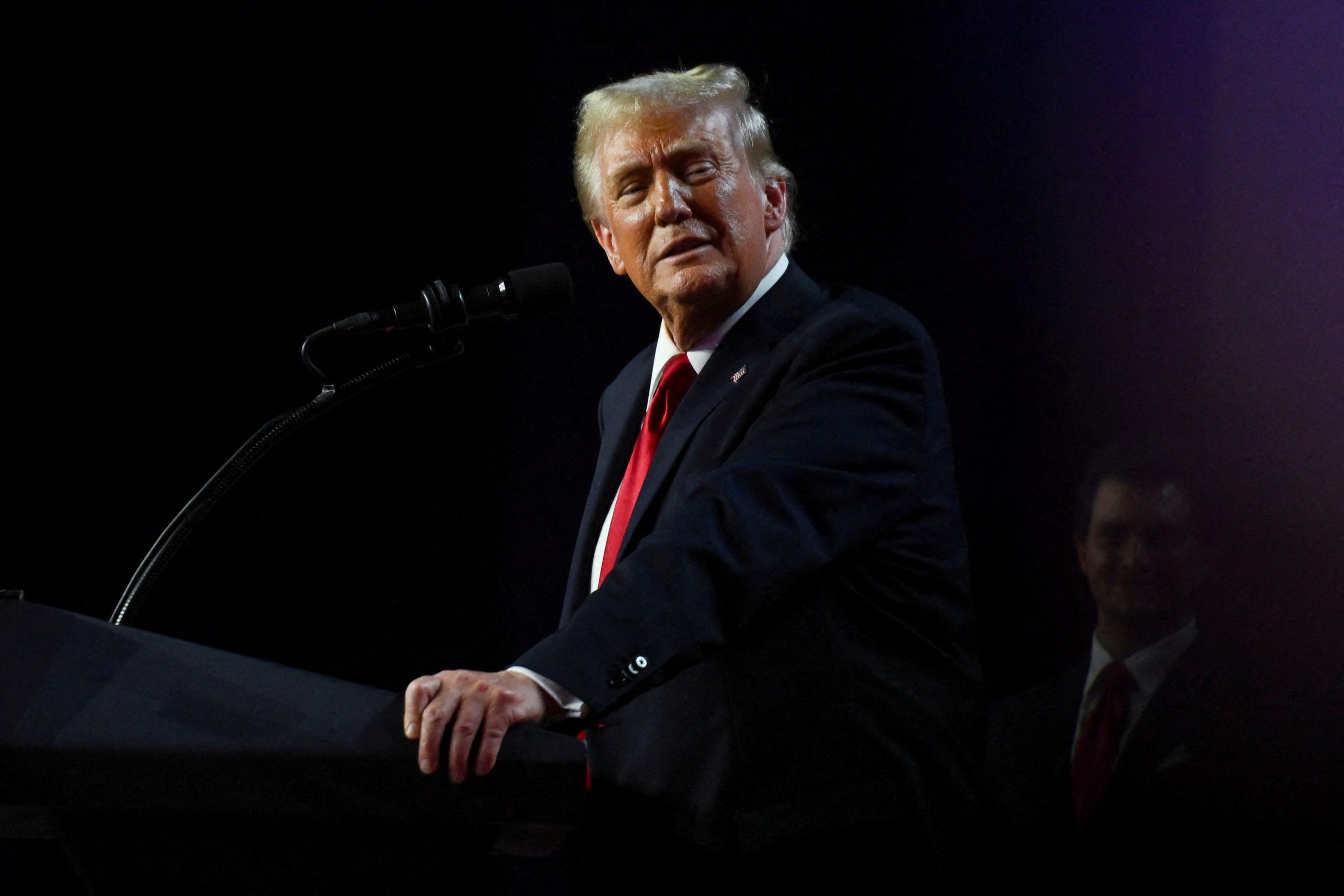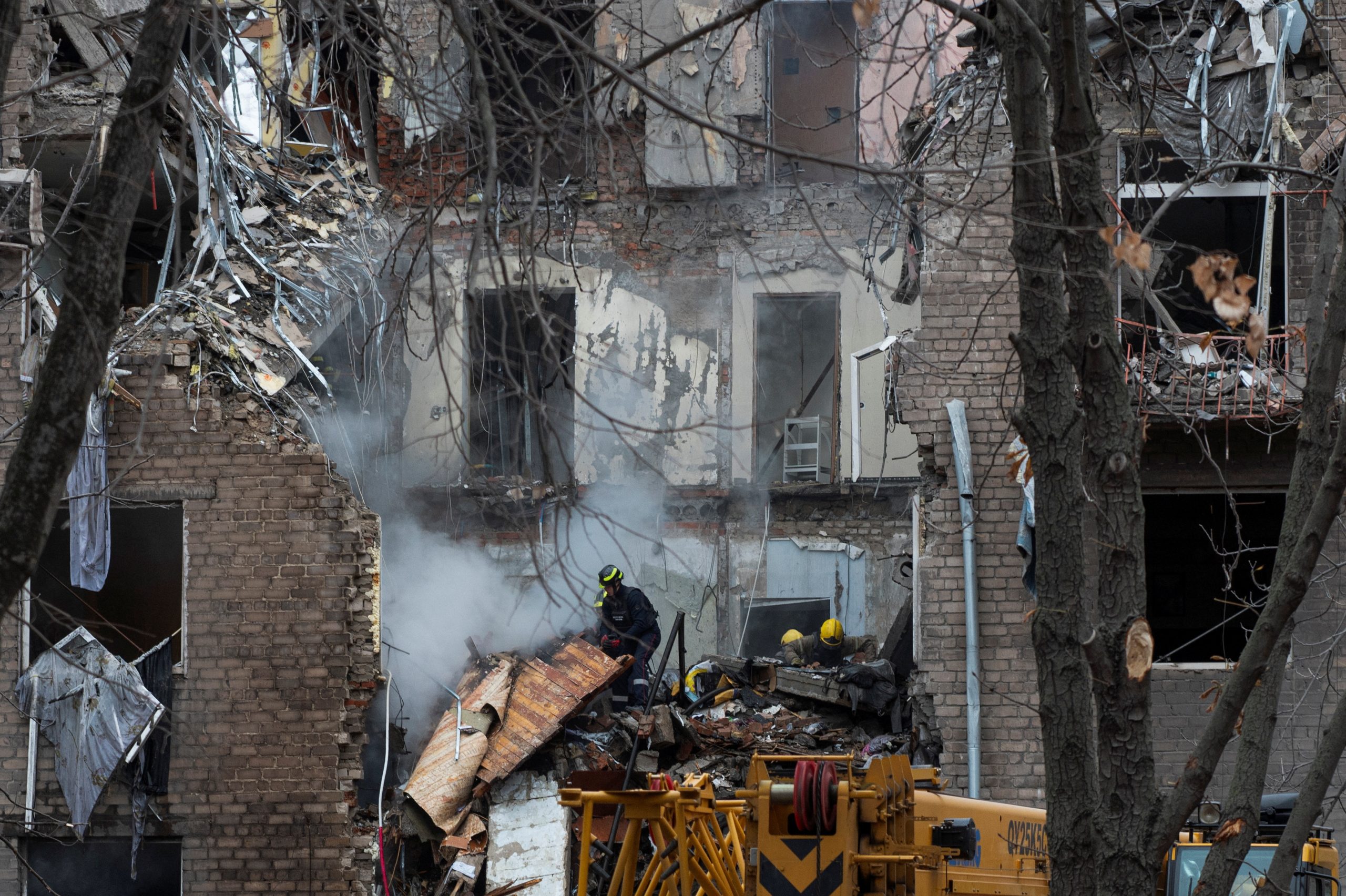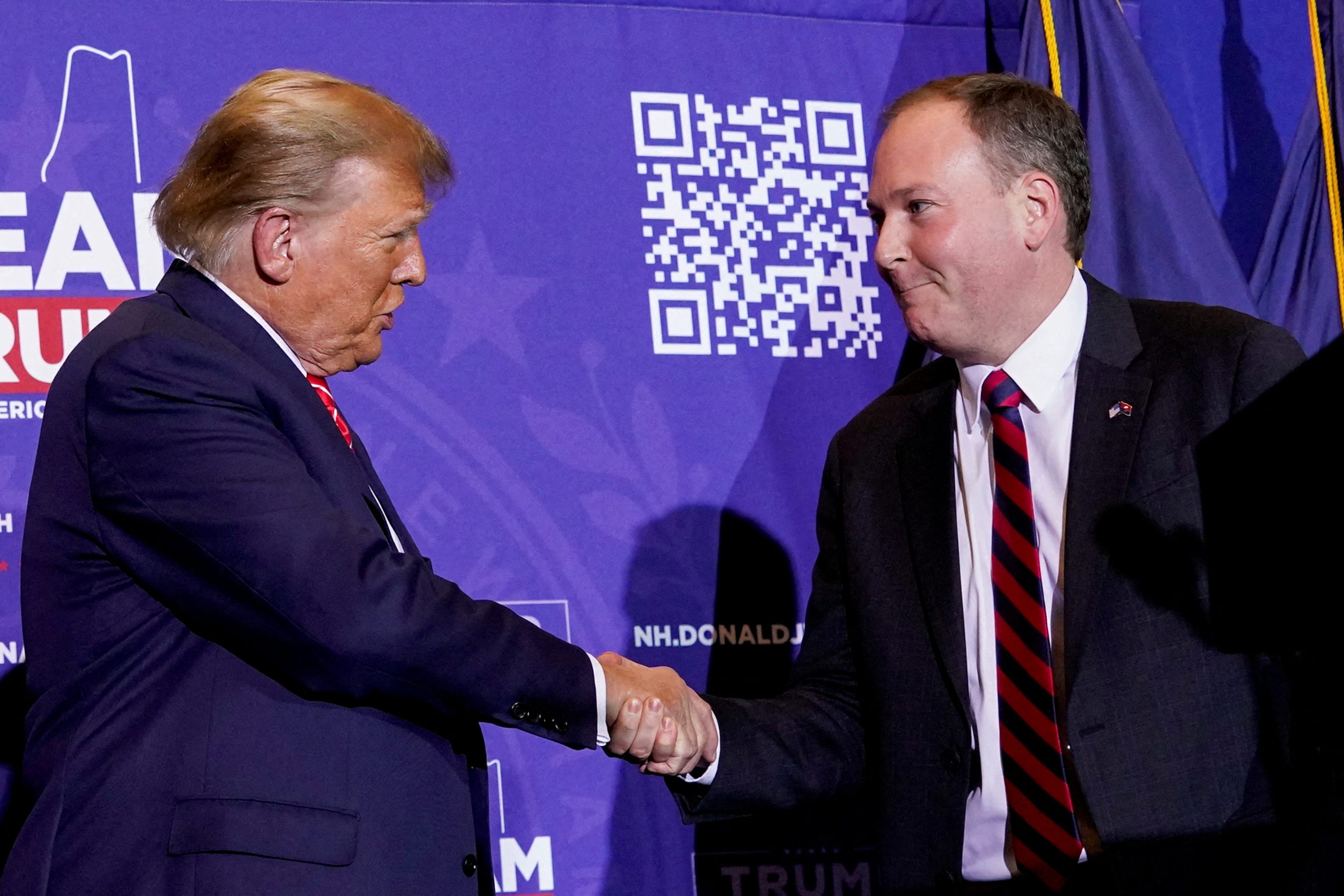“If Israel blocks UNRWA, it will be responsible for Gaza’s needs,” warned U.N. Secretary-General Antonio Guterres in a recent letter to Israeli Prime Minister Netanyahu. As Israel passes legislation to sever ties with the United Nations Relief and Works Agency (UNRWA), Guterres has made it clear that any halt to the U.N. agency’s work would force Israel, under international law, to provide for Palestinian civilians’ essentials—food, medical care, and education. The two laws passed by Israel on Monday could take effect in three months and have already sparked international dismay, with even close ally the United States expressing deep concern over the decision.
UNRWA, which was established in 1949, is pivotal in Gaza, the West Bank, and East Jerusalem. Its facilities serve as shelters, clinics, and education hubs for millions, especially in conflict-heavy periods. Yet, Israel’s government argues that UNRWA is riddled with individuals linked to militant activities, pointing specifically to the recent Israel-Hamas conflict as evidence of staff complicity. Israel’s U.N. Ambassador Danny Danon condemned the agency as “an arm of Hamas,” questioning its humanitarian integrity. “Israel will continue to facilitate aid independently,” he asserted, dismissing UNRWA’s oversight.
The implications of blocking UNRWA extend globally. Norway plans to ask the U.N. General Assembly to involve the International Court of Justice, aiming to clarify Israel’s humanitarian obligations to Palestinians, regardless of its policies. U.N. agencies, humanitarian groups, and ambassadors worldwide, including U.S. Ambassador Linda Thomas-Greenfield, are urging Israel to reconsider. Meanwhile, Washington has hinted at “consequences” if Israel’s legislation threatens critical aid, with the potential for policy impacts on U.S. military support.
Sources for this article include: The Associated Press, U.N. press briefings, and statements from international agencies.

